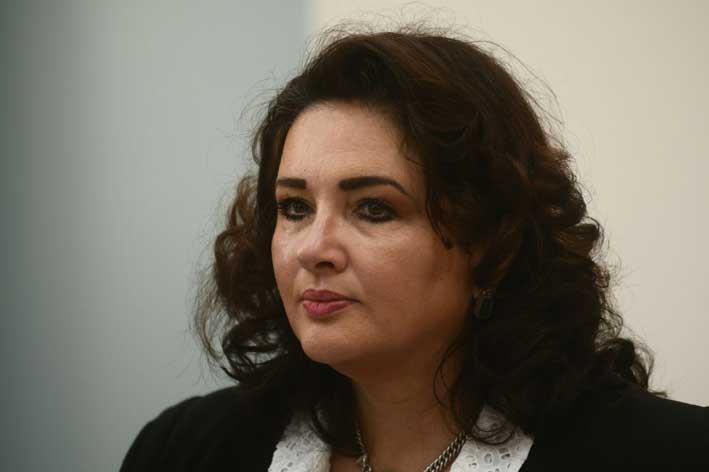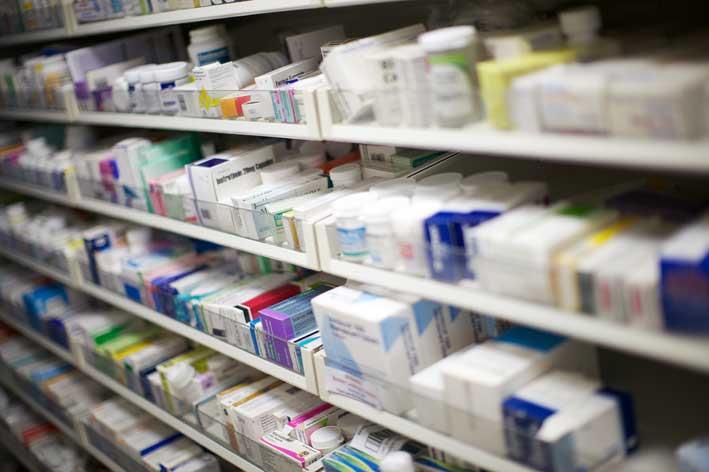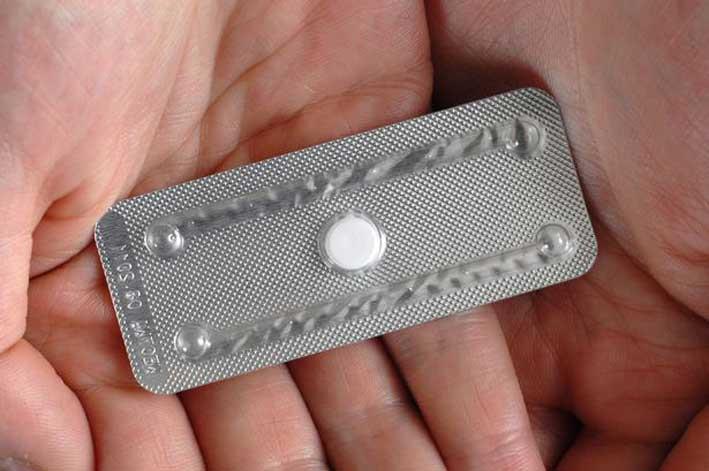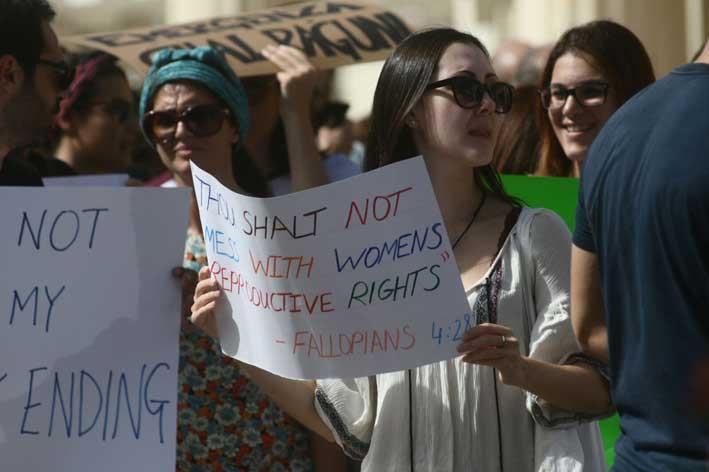While most pharmaceutical suppliers are preparing to bring the morning-after pill to the shelves of Maltese pharmacies, there is a degree of concern as to how the issue of pharmacists who, as a matter of conscience, feel that selling the MAP is against their religious or moral beliefs will be handled.
Multiple sources in the pharmaceutical and medicines industry have confirmed that the majority of pharmaceutical suppliers have applied, or are in the process of applying, to begin importing it.
Following months of heated debate, sparked by a judicial protest from the Women’s Rights Foundation that called for the licensing of emergency contraception in Malta, the Medicines Authority announced that the MAP can be licensed in Malta and sold over the counter.

A spokesman from the Social Dialogue and Civil Liberties Ministry confirmed that pharmacists will have the right to refuse to sell the MAP on the grounds of conscience but they do, however, have an obligation to refer a customer to another pharmacist/pharmacy where the pill is available.
The Malta Independent on Sunday asked a number of women to either visit pharmacies in person, or to call them by telephone – namely in Naxxar, Iklin, Paceville, Valletta and the airport. Whilst it is known that the MAP is not yet available on the shelves, this newsroom wanted to gauge the reaction of various pharmacists on being asked for the emergency contraception. This exercise was carried in order to try and get a feel for the general reaction when the issue is raised in practical terms. However, with the high number of pharmacists in Malta and Gozo, and their differing ethical standpoints, it is difficult to identify patterns indicating where the drug is generally more accepted.

As expected, each pharmacist informed the women that the emergency contraception is not currently available. Interestingly, a number of them did suggest to the customer that they could approach their gynaecologist for help. The meaning behind this was not spelled out explicitly by the pharmacists, but it was understood that ‘assistance’ refers to the practice where gynaecologists prescribe a higher dose of the contraceptive pill, otherwise known as birth-control, which has the same result as the MAP. No gynaecologist has gone on record to confirm this, but speaking to various women first-hand, it is easy to see just how widespread this practice has been due to the non-availability of emergency contraception on the market.
Not every pharmacist gave this advice, but from the feedback received it was clear that the issue was not treated as something taboo and none of the women reported that they had been made to feel uncomfortable or abnormal by asking for emergency contraception.

Conscientious objection
Each individual pharmacist has the right to decline to sell the MAP to someone who requests it as a matter of conscience. In practice, there could be a situation where two pharmacists are on duty at a particular pharmacy, one of whom does not agree with the selling of the pill while the other has no objections.
In such a situation, the customer will not be required to go to another pharmacy but can ask to be served by the pharmacist who has no objections.
In the case where a person is required to find a different pharmacy, questions are being raised as to whether, from a commercial point of view, pharmacy owners will be happy that customers are being turned away. It would not be right to pressure anybody to do something that goes against their fundamental principles, but it could be that even though a pharmacist is against the use of the MAP, he or she may still sell it in the knowledge that, if they object, the customer will just obtain it elsewhere. In practice, there would be no point in objecting.

In the famous Pichon-Sajous court case, the owners of a pharmacy in France were taken to court because three women were refused the MAP when they requested it. The refusal was based on religious principles. The pharmacists in question claimed that they were abiding by French law, which bans substances that facilitate abortion. However, the French courts found in favour of the three women, saying that there is nothing in the law banning the sale of contraceptives. The owners of the pharmacy then took the case to the European Court of Human Rights, which ultimately concluded that the case was inadmissible and observed that, since the MAP was only available from pharmacies and through a prescription, pharmacy owners could not prioritise their beliefs over their professional obligations.
The MAP will only be available in Malta from pharmacies, but no prescription will be needed. It is therefore possible that someone in Malta may take a pharmacy to court over its refusal to sell the drug. A key difference, however, is the lack of a need for a prescription, which is a significant barrier to access to the emergency contraception.
Campaigners in the UK are arguing that the high price of the MAP, and the mandatory consultation with a pharmacist, are prohibitive. The regulators argue that these have been set in place in order to prevent women using it as a regular form of contraception.
In Malta, guidelines are being drawn up by both the Chamber of Pharmacists and the Medicines’ Authority. Whilst it is hoped that all these guidelines are adhered to, it is difficult to predict what issues will arise and how individual pharmacists will handle the somewhat delicate situation, once the MAP is actually on the shelves. As can be seen from the case in France and what is happening in the UK, the issue is not static and continues to evolve.
What is for sure is that both those who advocate emergency contraception and those who object to it will keep a sharp eye on the way it is being bought and sold in order to ensure that everything is in adherence with Maltese law.